At Cannes Lions this week, Variety hosted its “In the C-Suite” conversations, a series of thought-provoking discussions featuring some of the most influential leaders in marketing, branding and innovation. The beachside chats took place on June 17 and 18 at the Canva Creative Cabana.
Wednesday’s speakers included Elizabeth Rutledge, CMO of American Express, and Gulen Bengi, CMO of Mars; Don McGuire, CMO of Qualcomm, and Will.i.am, founder and CEO, ofFYI.AI; Leanne Fremar, chief brand officer at JP Morgan Chase, and Peggy Roe, chief customer officer at Marriott; as well as Zach Kitschke, CMO of Canva, Javier Meza, president of marketing and Europe CMO of Coca-Cola and Jessica Jensen, CMO of LinkedIn.
Read all the highlights — and watch the full discussions — from the second day of Variety in the C-Suite presented by Canva below.
Elizabeth Rutledge, CMO, American Express and Gulen Bengi, CMO, Mars
The conversation, moderated by Elsa Keslassy, Variety‘s executive editor of international, centered on how these two chief marketing officers are boosting creativity to address a new generation.
Rutledge kicked off by talking about American Express’ strategy to address Millennials and Gen Zers. She said: “60% of all of our global consumer acquisition” are from those groups.
She added, “For us, it’s really important to understand who they are, what they want, and leaning in in terms of their passion points, whether it be around dining, entertainment, sports, music or travel.” That could be seen in terms of the company’s partnerships, for example with Coachella or their recently announced global partnership with F1.
Bengi spoke of a “big transformation” at Mars this year. “We rewrote the growth playbook,” she said, to create “the new Mars way of building iconic brands and experiences.”
She added: “We are changing the way we engage as our consumers expect today. So we are creating two-way engagements, building relationships with them and inviting them into the brand world to co-create our experiences together.”
Mars engages with communities, such as soccer fans, to co-create using tools like GenAI. She gave the example of a campaign for Snickers that involved a GenAI likeness of soccer manager José Mourinho that enabled fans “to banter with each other on their friends’ rookie mistakes.”
Rutledge spoke about how AmEx engaged with influencers using the example of a campaign with golf association USGA and golfer Tony Finau, who is a brand ambassador, linked to Father’s Day. “It’s all about making connections with our customers,” she said. “It was also about being social first, which I think is incredibly important in terms of how to leverage the influencers in the right place at the right time with the right customers.”
Don McGuire, CMO, Qualcomm and Will.i.am, founder and CEO, FYI.AI
In this session, moderated by Variety co-editor-in-chief Cynthia Littleton, musician and founder Will.i.am spoke about how he used AI tools to reinvent radio with his RAiDiO.FYI initiative, which he is doing with the support of Qualcomm, and in turn has led to a partnership with Mercedes.
As well as being a talented musical artist, songwriter and producer, McGuire said he views Will.i.am as a “technologist.” “Our role is to really enable Will’s creativity,” he said.
Will.i.am said technology was “a liberator for me.” He added: “I make music because of the computer. So that is my instrument. I play the hell out of that laptop.”
Will.i.am gave a demonstration of the potential of RAiDiO.FYI, which has personalization and representation at its heart. The AI persona and its voice can be shifted to reflect that of the users.
“You have to try to balance off the algorithmic biases [that exist],” Will.i.am said, “because people that come from the communities that I come from didn’t write the fucking algorithms in the first place. We have to actually reshape those algorithms and data sets so that the AI really truly sees us.”
McGuire underscored the pace of change in the AI field. “The innovation cycle is moving really, really fast, but I think Will’s ahead of the curve when it comes to retraining models, making it more personal, making more useful, being more creative,” he said.
Will.i.am said: “Out of everything that I’ve ever done creatively, this is the most creative that I’ve ever experienced because you’re literally creating personalities, fine tuning how they go out and get information and be able to then banter with you on that information.
“You’re creating color. How they respond, the rules, the guidelines, and more importantly, you have to anchor yourself with responsibility, ethics and purpose.”
Leanne Fremar, chief brand officer, JP Morgan Chase and Peggy Roe, chief customer officer, Marriott
This session was focused on “building outstanding brand experience,” said Variety co-editor-in-chief Ramin Setoodeh, who moderated.
Fremar said JP Morgan Chase does “a lot of data research, analytics, to really get into the mindset of the customer and we meet the customer where they are, not just through the data and the analytics part, but also obviously being in the field, being IRL [in real life] with them, being in our branches and hearing direct feedback from customers.”
Roe said: “We have switched to looking at what we call demand spaces, which is what is the reason someone’s traveling for that type of trip and sizing those demand spaces to understand what motivates that demand space. And then using real customer feedback to validate the behaviors around that demand space.”
Fremar said brand experience for JP Morgan Chase is “really about understanding who our audiences are, how our company has impacted scale, and how we are making dreams possible for everyone, everywhere, every day.”
She added: “And the way that we approach our clients and customers and the communities we serve at the brand level, it really is about understanding the unique needs of that audience and making that brand come to life in ways that they would expect, and then hopefully also in good ways that they wouldn’t expect.”
Fremar said it was “critical” to experience something in person. “There’s been a tremendous amount of conversation here at Cannes this year about AI and some of the technologies that are emerging that are going to be transformative to our industry and to the customer experience and the client journey, IRL and really being able to see a brand, touch a brand, speak to somebody who represents the brand, I think is going to become even more critical in helping people really understand what, not just what the brand sounds like, looks like and the products that they serve, but what a brand truly feels like and how that brand makes you feel when you interact with them is going to continue to have an outsized amount of importance.”
Roe said it was important to monitor customer feedback on social media throughout their stay and respond promptly.
Marriott Bonvoy, the loyalty program for Marriott hotels, offered special experiences and opportunities for Taylor Swift’s Eras Tour in select cities last year. “We drove like 500,000 new enrolments to Marriott Bonvoy because younger people said I want a chance to win; and then the other business side of it was we said, we don’t just want to slap our logo on a touring sponsorship, right? we want to be a partner that does meaningful work for you,” Roe said.
“What was great is that we were able to extend the fan experience into our hotels. So, when people stayed with us, we had bracelet making stations in the hotel, we helped them with merch sales right on the last show, and then you could come for a weekend for Taylor Swift and experience all kinds of things like in the restaurants and bars and things like that. So that was really fun.”
Zach Kitschke, CMO, Canva; Javier Meza, president, marketing and CMO, Europe, Coca-Cola; and Jessica Jensen, CMO, LinkedIn.
The final session, moderated by executive editor of international Elsa Keslassy, was about innovating for the future.
Keslassy explained they would be looking at how the companies are “strategizing for the future, incorporating new technology tools, such as AI, and working with new partners and integrating all that in your processes.”
Meza said it was important to “identify what is not changing, right? When it comes to marketing, it’s still about understanding people. It’s still about going deeper into insights. It’s still about exciting, seducing people with our brand solutions.”
He added: “What we keep changing, and that’s the leadership part, is making the teams aware that technology is there for us to do everything I said much faster, better. And really differentiating from other brands. And it’s embracing risk. One thing I could say to my team is take the risk.”
Kitschke said: “We have this incredible community that now creates with Canva all around the world. There’s 250 million people each and every month. A hundred million people every week that are coming to the platform to create, everything from social graphics to videos, presentations, t-shirts, anything you can kind of imagine. And the platform was sort of born of this idea of taking an idea or a goal that someone might have and really quickly getting them to the end outcome. And obviously AI has like totally transformed how quickly we can do that. So a lot of what we’ve been building on the product side has been features like Magic Design, being able to describe what you want with a prompt and have something ready to go.”
He added: “And then for our team, it’s been how do we stay ahead in terms of how we’re building products and services and reimagining our own workflows. There’s a lot that actually isn’t changing and the fundamentals remain the same, but now to research a new product and get a very, very quick understanding of how a community might react, or prototype a concept, or spin up a mood board for a spot, like you can do that stuff like this [clicks fingers].”
Jensen said: “Human connection and love is what makes the world go round. AI is an assist. The robots are not taking over. At LinkedIn, we have a billion members around the world and millions of businesses. We are using AI night and day to storyboard campaigns, do video editing, copy testing, managing campaigns internally, synthetic brand research. So we are marinating in it and building in it every day.
“I think two pieces of advice I give to my team and to myself is that AI for efficiency is table stakes. AI to drive customer growth, revenue is the frontier. Some people say just play with AI, just experiment. You have to build to drive growth and making that line very clear. I think that that’s the world that we are in right now, which is exciting. And also intimidating, let’s be honest. Like I’m trying things. I’m not very young, I’m failing, I’m learning. And we have to be honest with ourselves and each other that we are going to mess up and we need help.”

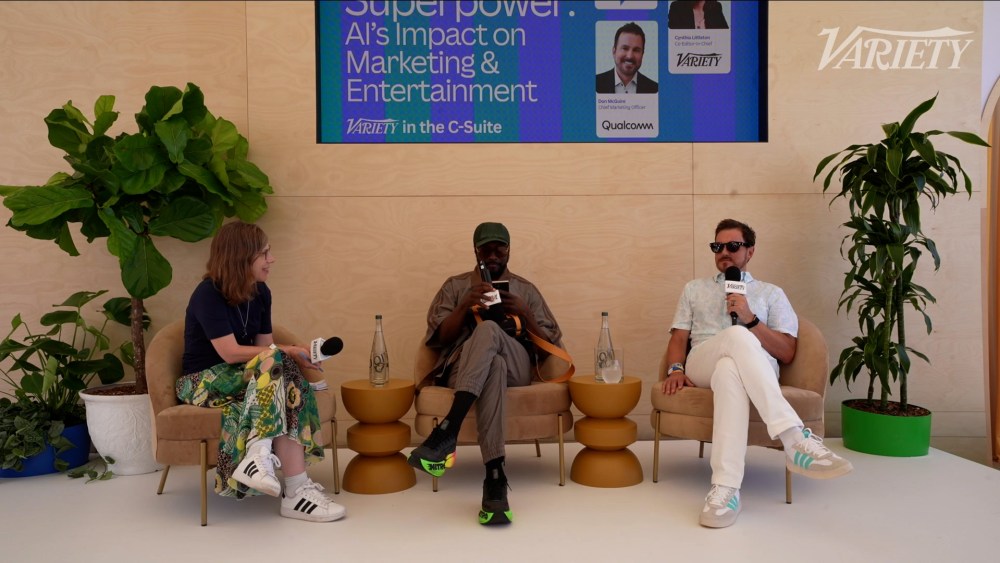
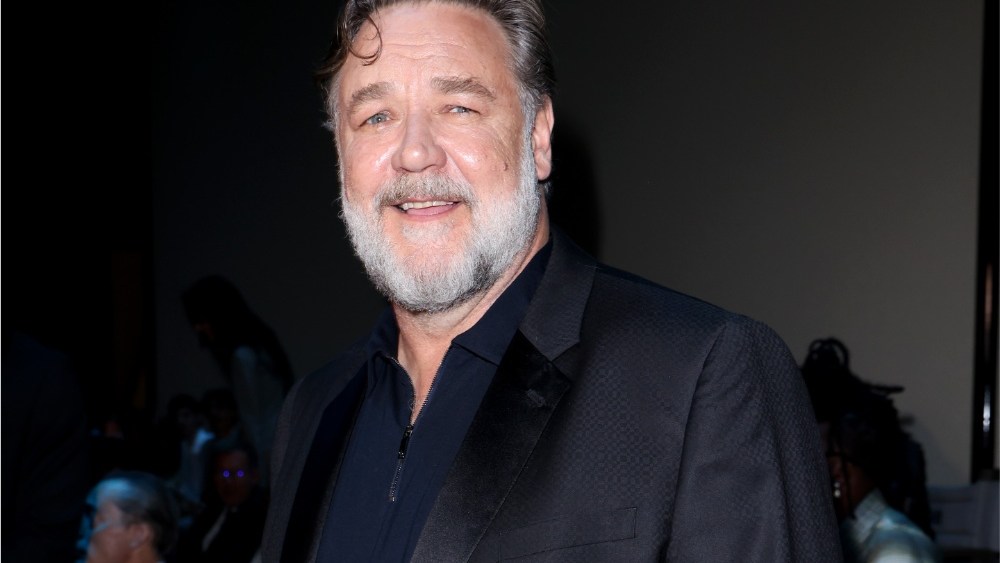

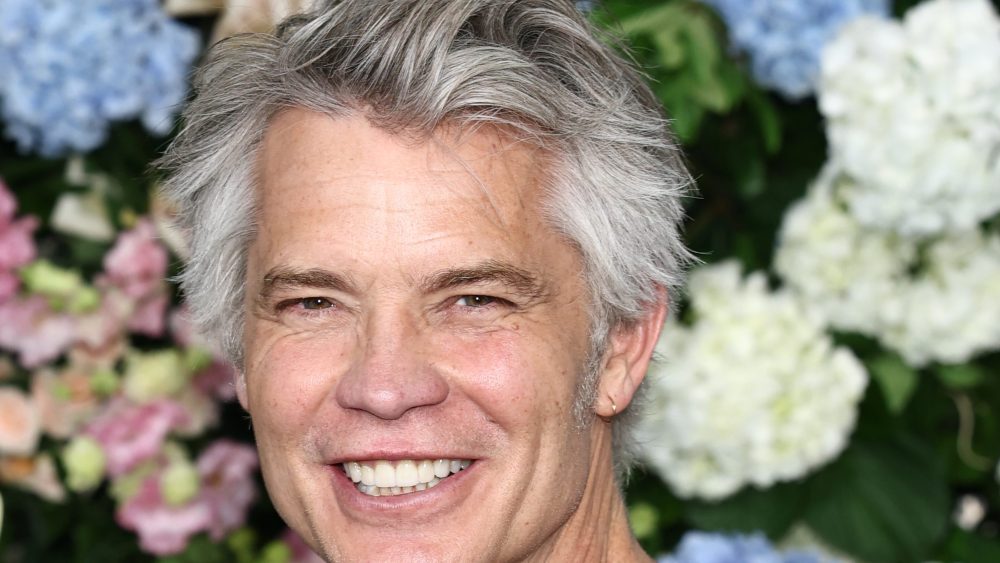


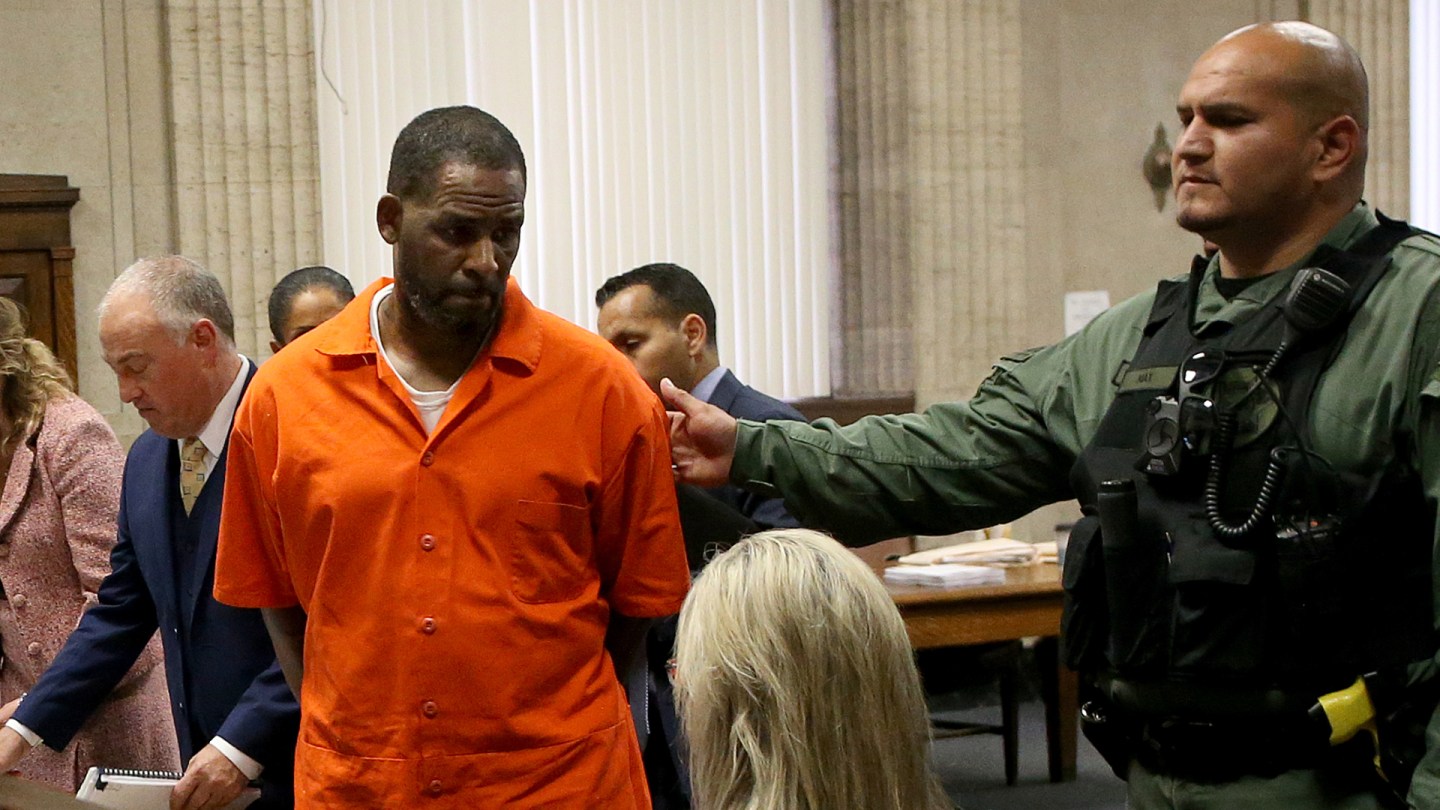
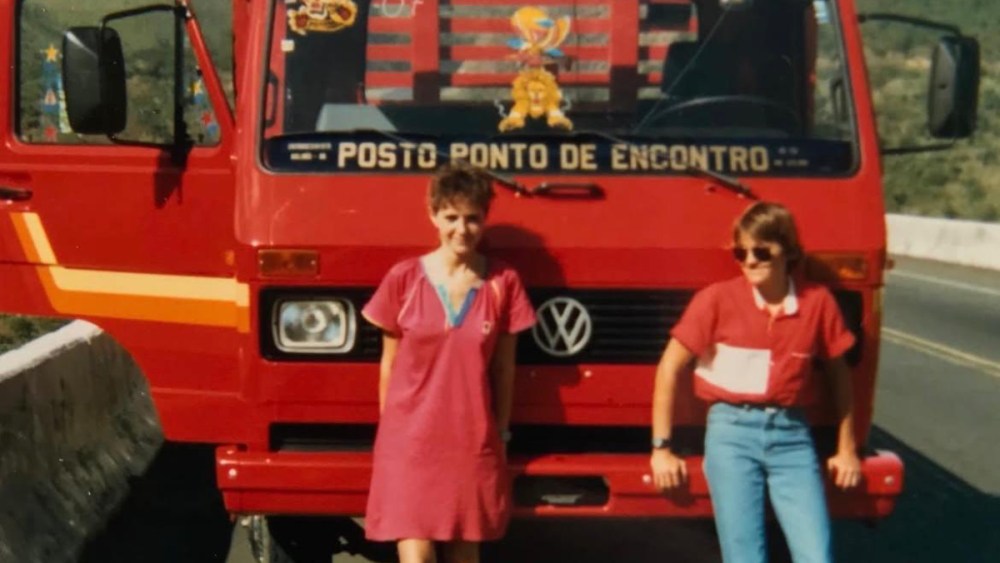
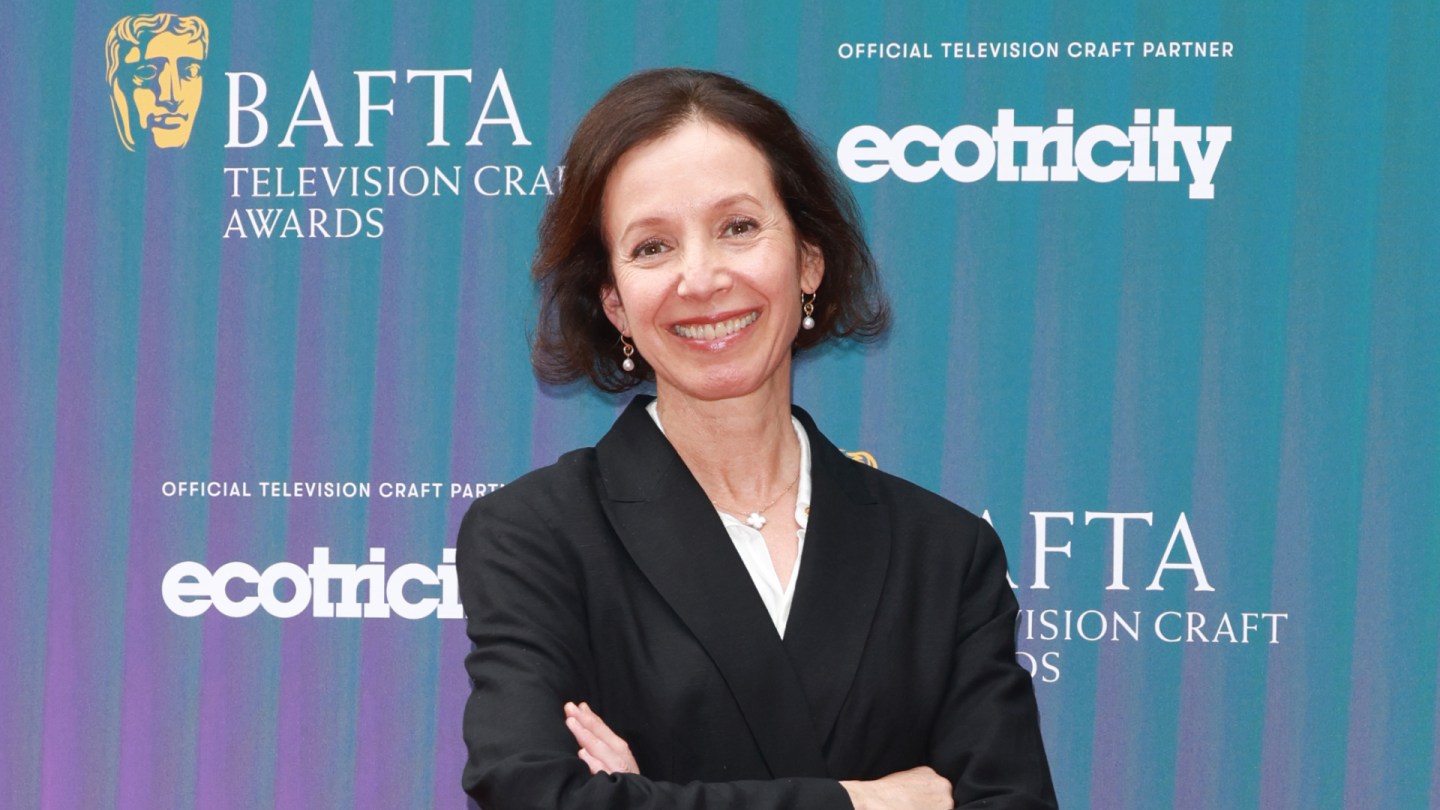


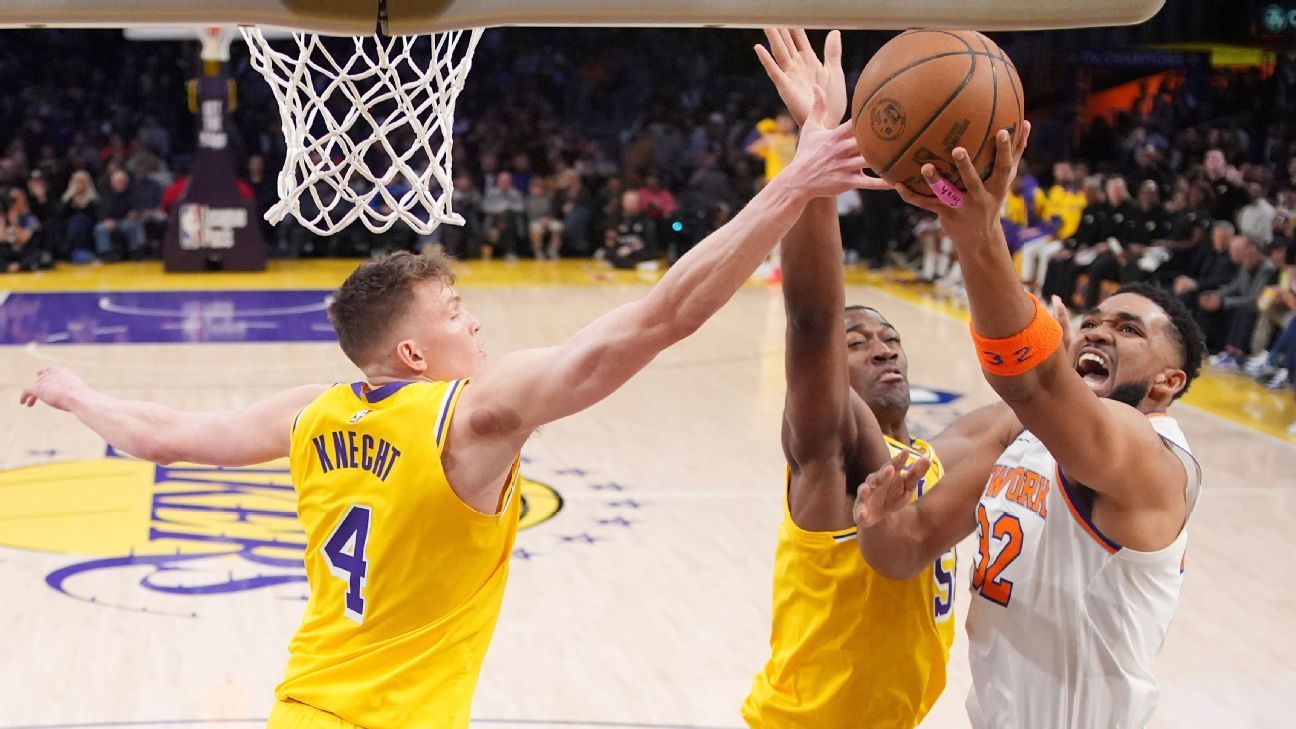
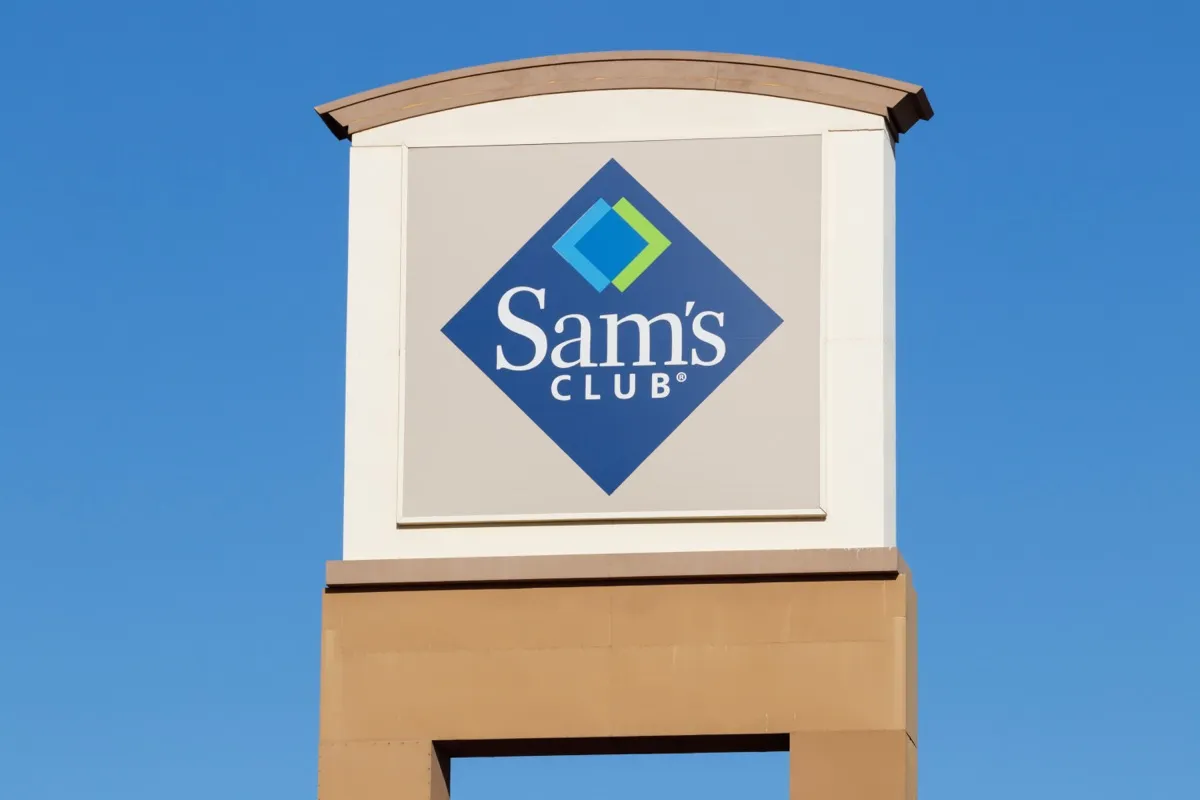

Leave a Reply